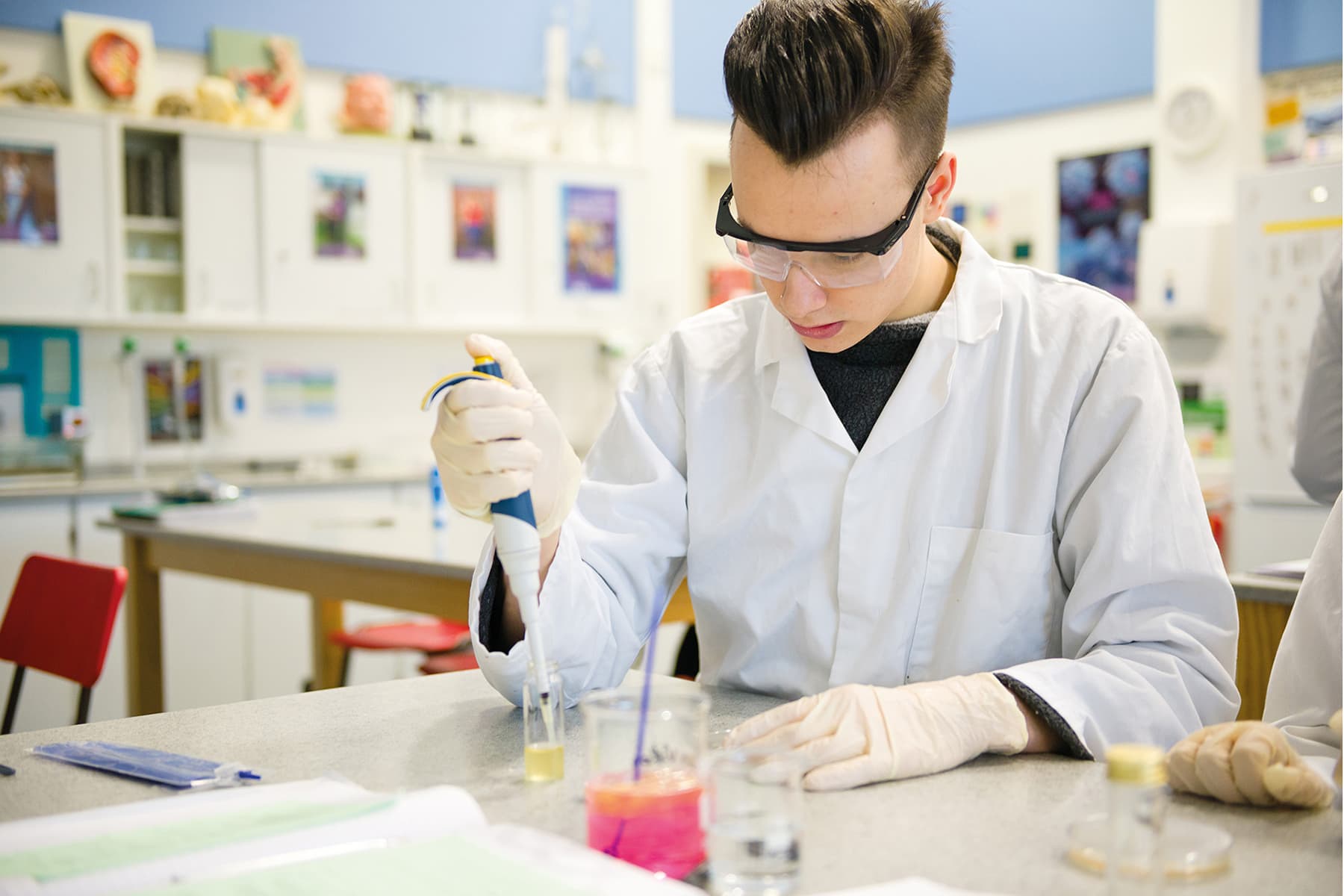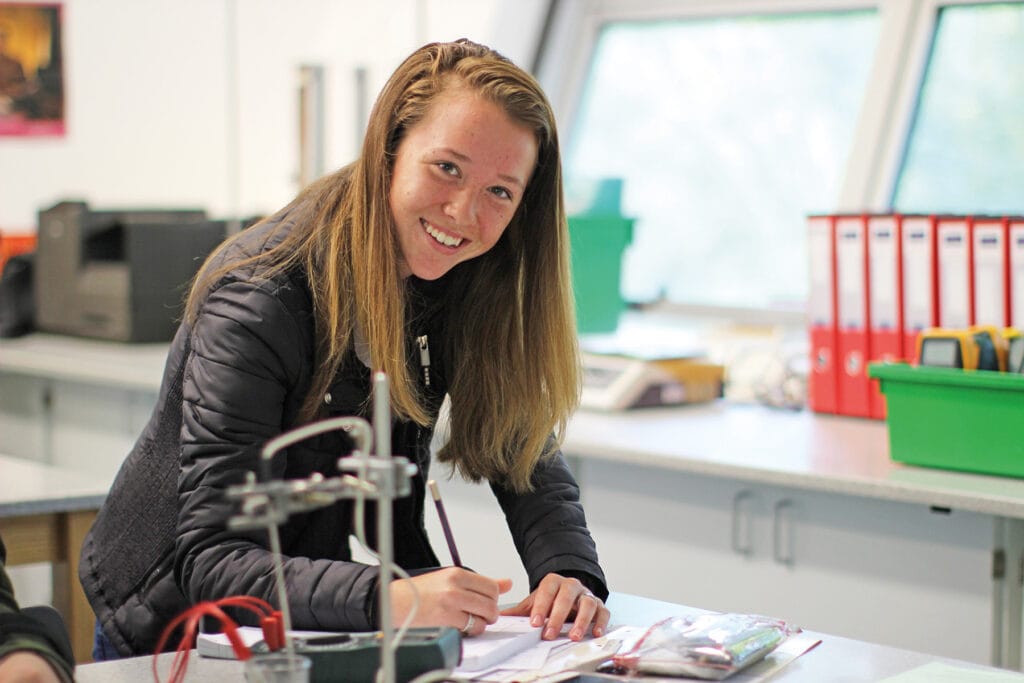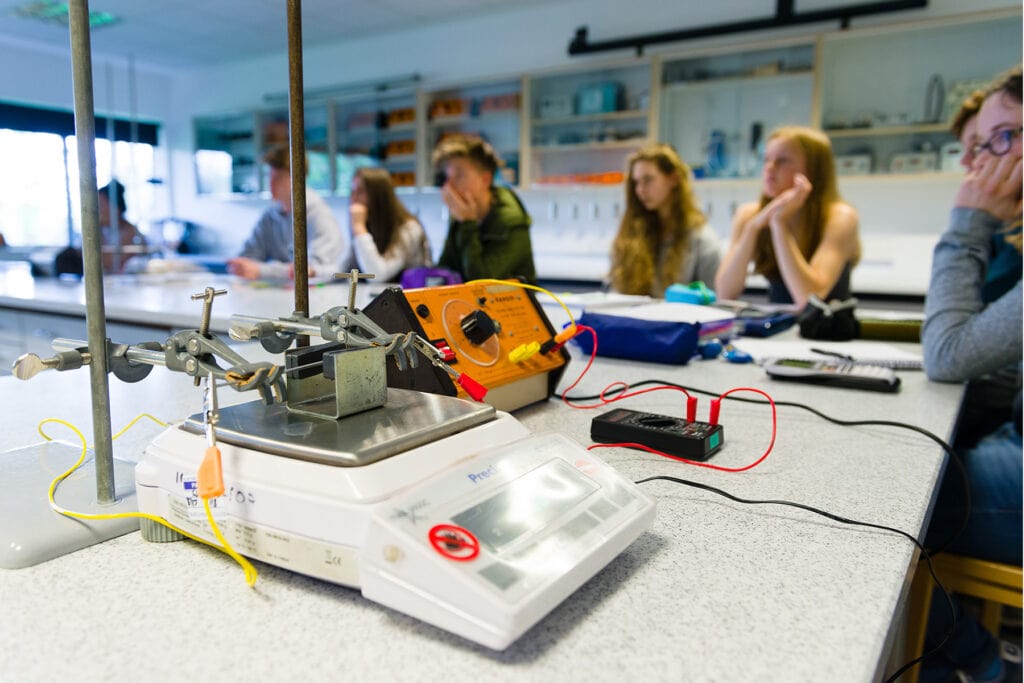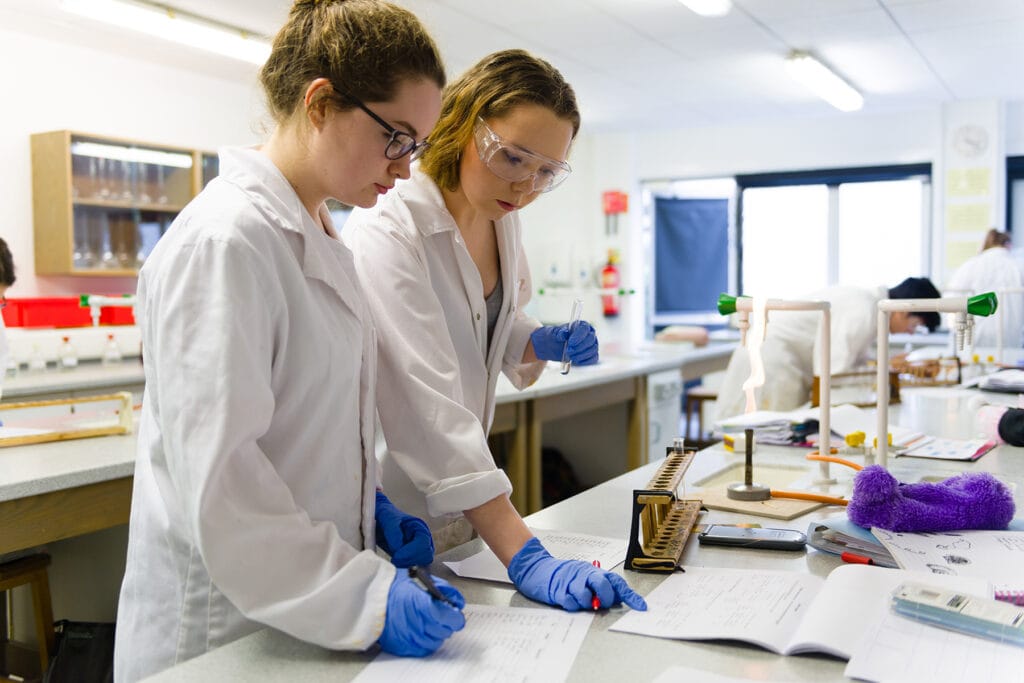New students starting in September: You can find more information about Induction days and submitting your GCSE results in our Start of Year Guide.
why choose this course?
A Level Biology will offer you an exciting, challenging and stimulating area of study. Biology encompasses the cellular basis of living things, the transformation of energy that underlies the activities of life, and the genetic basis for inheritance in organisms. You will study the evolutionary relationships between organisms and the diversity of life on earth, to include microorganisms, plants, and animals. The structural and functional relationships studied in biology draw on the sciences of chemistry and physics for its foundations and applies the laws of these disciplines to living things. You will learn about advanced biology concepts and put these into practice through a wide variety of practical experiments.
This will enable you to gain and develop the skills necessary to study biology or other sciences further as well as equipping you with a range of transferrable skills applicable to a number of subjects and careers.
Apply for this course
Start date: 08/09/2025
TOP COURSE HIGHLIGHTS
Excellent facilities
Challenging and stimulating
Great links to STEM careers
Small class sizes

EXCELLENT LECTURER SUPPORT
Friendly and supportive specialist staff – the biology team is friendly, supportive, hardworking and committed to helping you succeed. Reaching your potential in this subject relies heavily on your attendance, punctuality and commitment to learning and revision, and acting on advice given by your lecturer.
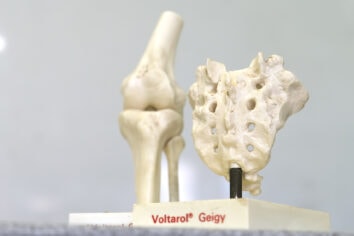
HIGHLY STRUCTURED DELIVERY
Our course delivery is highly structured to ensure you have a holistic understanding of the course and its assessment from the start of your time with us. You will have a clear understanding of your progress in the subject, and regular assessments and detailed lecturer feedback to support you to further improve.
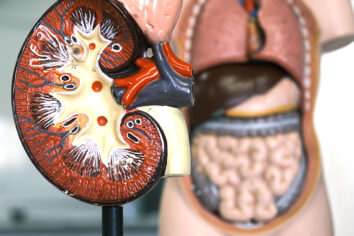
FANTASTIC ENRICHMENT OPPORTUNITIES
Our students have access to a wide range of enrichment activities, including competitions. Students interested in medicine, dentistry and veterinary science also have the opportunity to take part in our very popular Medics’ Academy.
what will i learn?
In your first year of study, you will begin by gaining an understanding of the biological molecules which make up living things. This will enable you to understand how these molecules build up into cells, the fundamental unit of life. You will explore the ultrastructure of cells and learn the different roles of different parts of the cell, as well as how cells are organised in organisms and how they exchange substances with their environment and other cells. You will explore the need for specialised exchange surfaces and transport mechanisms in multicellular organisms including humans, fish, insects and plants. You will also learn about the fundamental role of DNA, its role in protein synthesis and how it can be used to make sense of the great diversity of life on earth.
In your second year of study you will build upon the concepts introduced in the first year to develop an understanding of the complex biochemistry of photosynthesis and respiration, and the detailed mechanisms of the nervous and endocrine systems. You will study the latest advances in genetic technologies and discover how genes are inherited and influence populations. You will also conduct your own ecological investigation.
You will study eight topics over the A Level course which will be assessed in three exams at the end of two years.
Topics:
Biological molecules
Cells
Organisms exchange substances with their environment
Genetic information, variation and relationships between organisms
Energy transfers in and between organisms
Organisms respond to changes in their internal and external environments
Genetics, populations, evolution and ecosystems
The control of gene expression
Practical Endorsement:
You will build practical skills throughout the A Level course which will lead to a practical endorsement. You will be required to undertake 12 core practical investigations, but you will experience many more throughout the course as practical work is at the heart of biology and brings understanding to life. The practical skills developed throughout the A Level programme will be assessed by your lecturers and will be based on direct observation of your competency in a range of skills that are not assessable in written exams. Evidence to support the practical endorsement is gained over the course of the two years and is assessed on a pass or fail basis.
where will it take me?
A Level Biology is a highly respected qualification that is valued for most degree subjects and widely respected by employers worldwide. If you aspire to study Biology at university, or a biology-related subject, it is recommended that you also study A Level Chemistry, as together these provide a great combination which broadens your options.
Biology opens up a wide range of opportunities for university level study, including but not limited to medicine, nursing, dentistry, physiotherapy, veterinary science, zoology, radiography, agriculture and horticulture, marine biology, biochemistry, genetics, dietetics, nutrition, applied biology, botany, forensic science, and many other possibilities.
ENTRY REQUIREMENTS
A minimum of 5 GCSEs at Grade 4 or above, including at least GCSE Biology Grade 6 or GCSE Combined Science Grades 66, GCSE English Grade 6 or a Humanities subject Grade 6, and GCSE Maths Grade 5.
ASSESSMENT ARRANGEMENTS
Your achievement in this subject is dependent upon excellent attendance, punctuality and effort. You will learn in a friendly atmosphere, using a variety of assessment methods:
You will be assessed through end of topic tests under timed conditions in class, regular homework questions and through completion of class activities. You will then be given detailed feedback on your progress.
Investigative skills and understanding are a vital part of the scientific process and you will be expected to develop your practical proficiency throughout the course.
You will review your own performance in 1:1 sessions with your lecturer.
You will undertake mock examinations in advance of your final exams.
You will sit formal A Level exams at the end of your two years of study, which will include questions on the practical skills that you have developed, comprehension questions, data analysis questions and essay style questions. A Level grades will be based only on marks for written exams, and your practical endorsement will be assessed separately as pass or fail.
INFORMATION & SUPPORT
You will be expected to undertake at least 4-6 hours of independent study time per week. Throughout the year you will be able to access additional support through drop-in sessions and tailored 1:1 provision, as well as a variety of additional opportunities to stretch and challenge the most able students. We encourage you to proactively engage with the support available in order to reach your full potential.
Meet the staff, tour the campus and find out about life as a student at one of the best colleges in the country.
